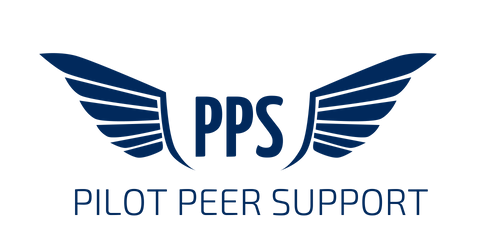Let us help you Cope with Trauma
We are here when you need us, we understand what you're going through. We will ensure that you get the best support through your peers.
GET STARTED What Is Post-Traumatic Stress Disorder?
What Is Post-Traumatic Stress Disorder?
PTSD of the most emotionally debilitating mental disorders experienced by Pilots.
PTSD of the most emotionally debilitating mental disorders experienced by Pilots.
Post-Traumatic Stress Disorder is a condition in which an individual experiences tremendous stress or anxiety after witnessing or being engaged in a traumatic event. Any physical or psychological trauma that leaves the individual feeling powerless and out of control may lead to PTSD.
The symptoms or PTSD can be extremely distressing. Because they cause such a great amount of stress on the individual, many pilots with PTSD will be unable to cope and turn to drugs or alcohol as a means of escape. Symptoms of PTSD include nightmares, flashbacks, avoidance of things related to the event, severe anxiety, sleeplessness, aggressive behavior and angry outbursts.
Stressor
This is a common issue amongst pilots because of their repetitive long hour flights. Turbulence and unpleasant flying conditions can also be a contributory factor.
Intrusion
Dissociative reactions, such as flashbacks, where it may feel like the experience is happening again. These may occur on a continuum ranging from brief episodes to complete loss of consciousness.
Avoidance
Persistent Avoidance of distressing trauma-related thoughts or feelings and external reminders, such as people, places, conversations, activities, objects, or situations.
Flashbacks
Post-Traumatic Stress Disorder can cause nightmares or flashbacks which can typically involve crises that have never been fully resolved in the individual’s psyche.
How we can help
Pilot Peer Support for you!
Post-traumatic stress disorder (PTSD) occurs after a traumatic event and interferes with a person's ability to function. If you are experiencing symptoms of PTSD, our qualified Pilot Peer Support professionals can you help through
- Counselling by appointment
- Coaching recommendations
- Referrals to specialists
How to Develop Coping Skills for PTSD
Steps to help manage Post-Traumatic Stress Disorder
Get the support you need
Post-Traumatic Stress Disorder (PTSD) can have a tremendous impact on a Pilot's life, the distressing symptoms of PTSD can negatively affect close relationships, mood, and ability to be effective at work or home. Set an appointment with our Peer pilots to get help with PTSD.
Related Projects
Related Projects

Understanding post-traumatic stress disorder or PTSD is important because it affects many more people than one may ever imagine. Most people tend to think of men and women who have served in the armed forces when they think of this condition. The thing is though any one can end up with this disorder as all it takes is being a part of or witnesses a traumatic experience.

A Post Traumatic Stress Disorder (PTSD) can happen to any one exposed to a traumatic event that is sufficiently stressful to fill them with horror and dread. Exceptionally horrific events are more likely to precipitate a PTSD. It is estimated that nearly one third of those directly exposed to the violence on September 11 2001 went on to develop a PTSD. Nearly 5% of men and nearly 10% of women develop PTSD in their lifetime. PTSD is the fourth most common mental health problem in Ireland.


